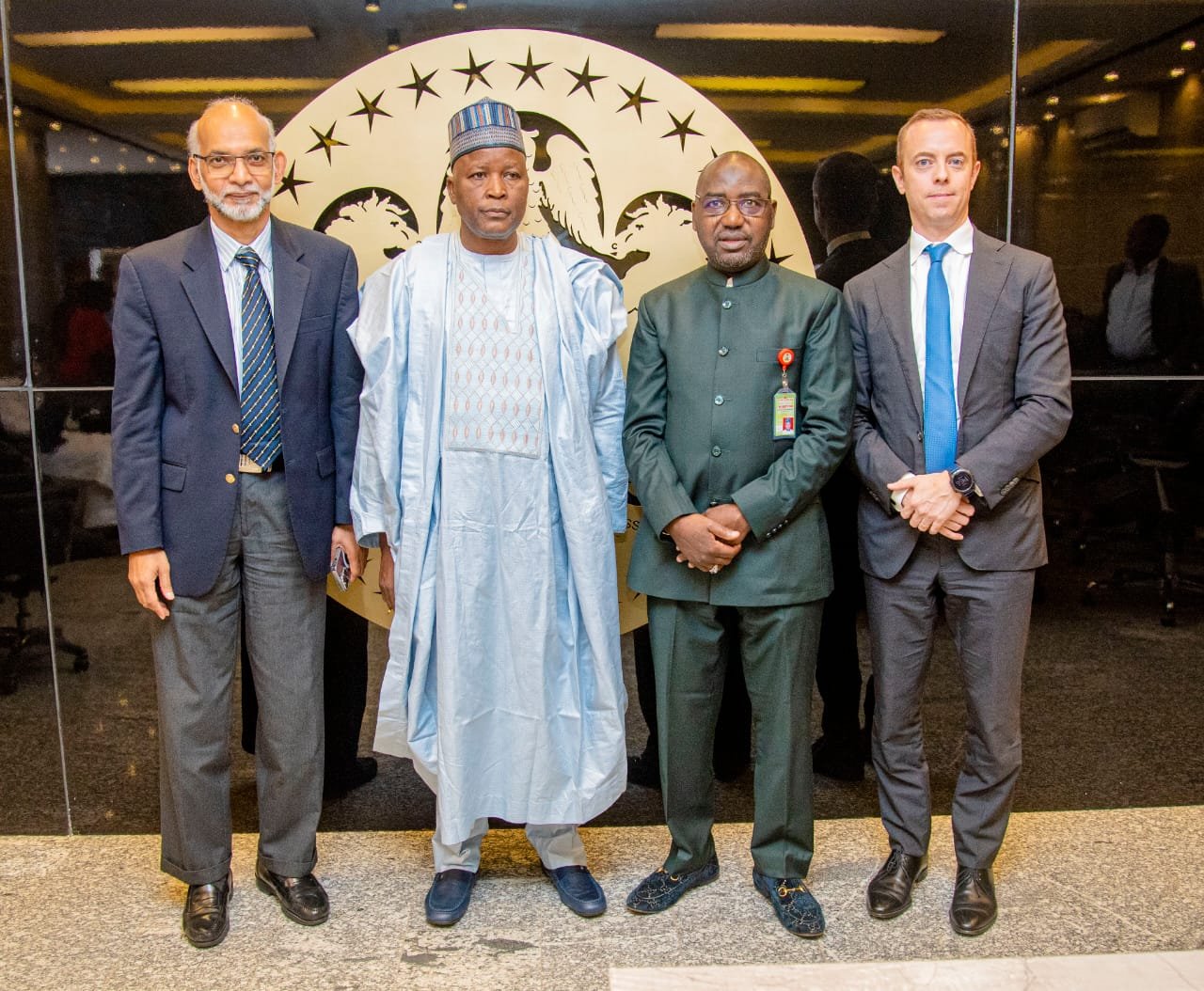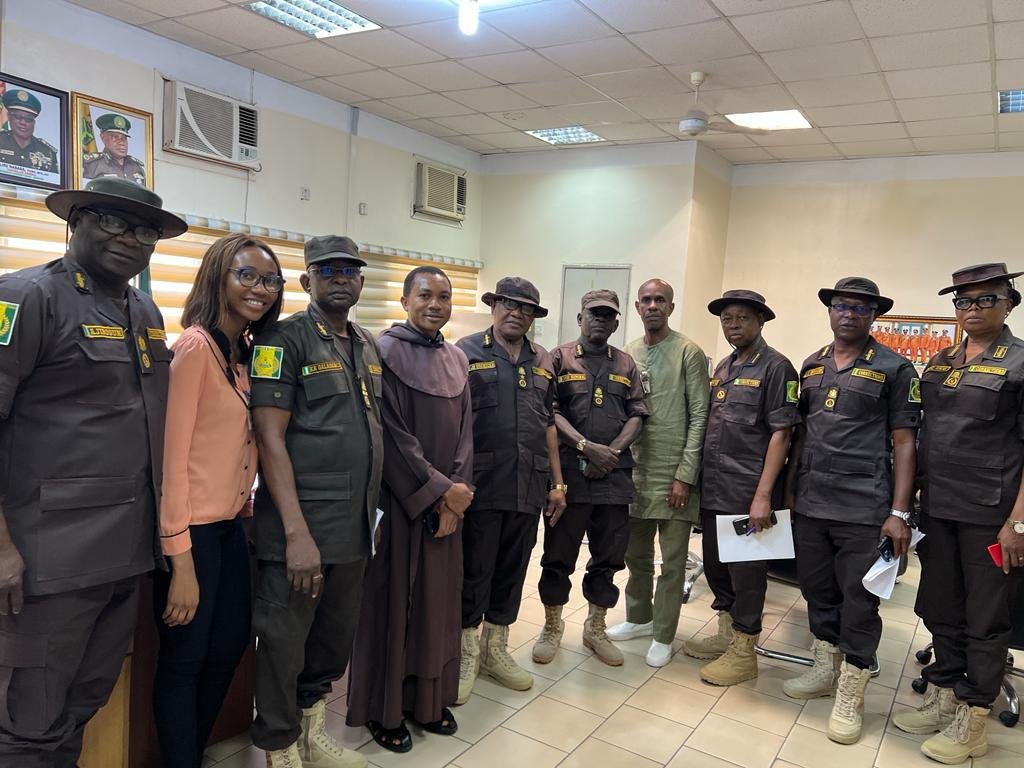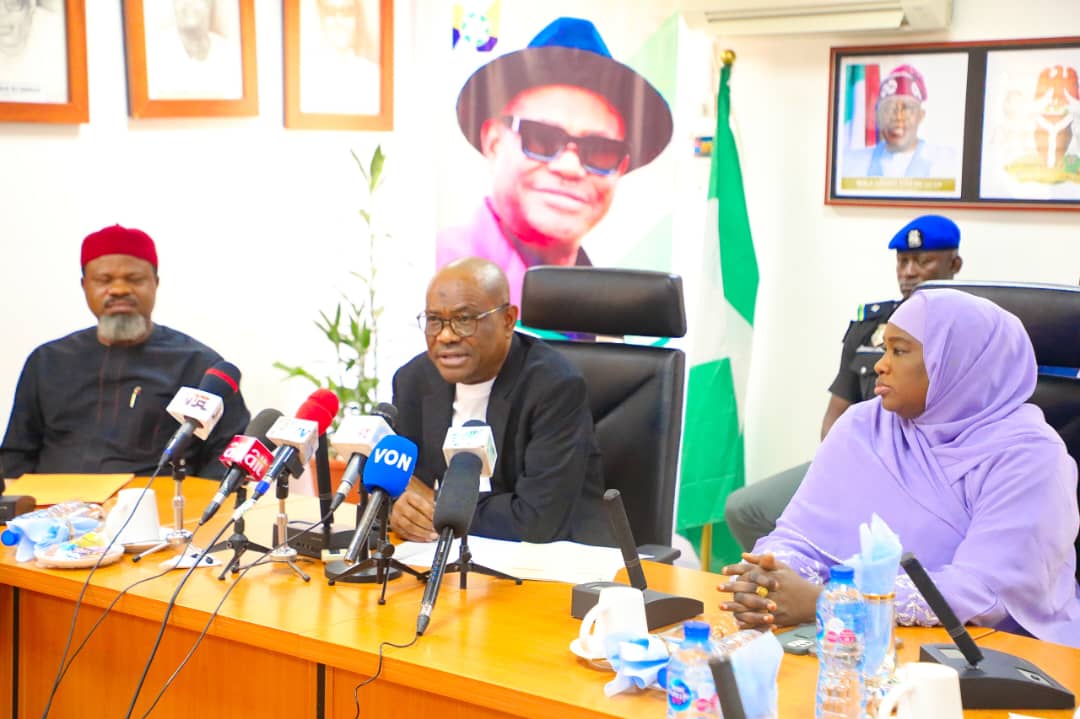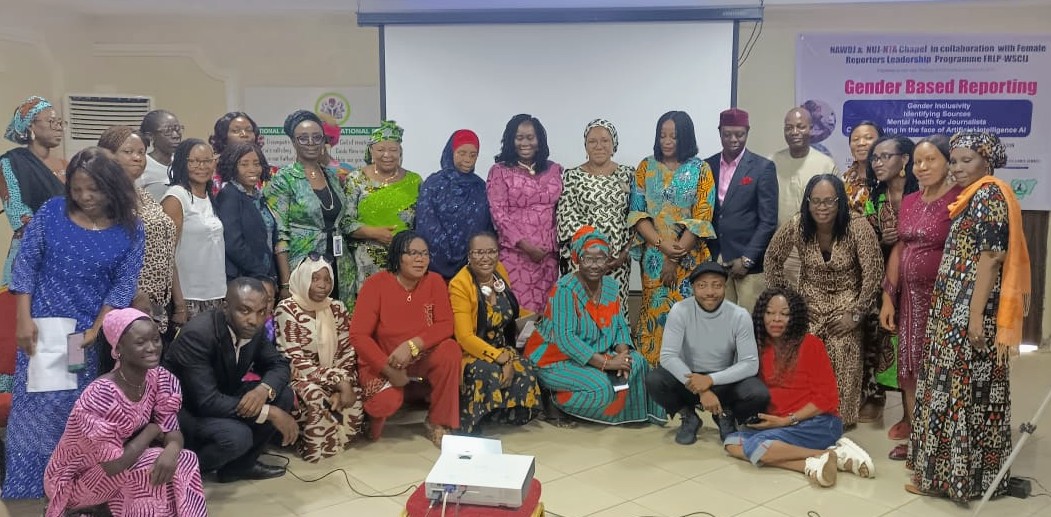By Kadiri Abdulrahman, News Agency of Nigeria (NAN)
Debt management featured prominently at the recently concluded annual meetings of the World Bank Group, which also involved the International Monetary Fund (IMF), hosted by the beautiful city of Marrakech in Morocco.
One major takeaway from the various discussions at the meetings, which could interest Nigerian stakeholders, is that the debt crisis is global, mainly affecting low- income countries.
In recent times, stakeholders have frowned Nigeria’s seeming dependence on external and domestic borrowing to fund budget deficit as well as finance infrastructure development.
Nigeria’s total public debt, according to the Debt Management Office (DMO), hit N87.38tn at the end of the second quarter of 2023.
The DMO explained that the figure represented an increase of 75.29 per cent or N37.53tn compared to N49.85tn recorded at the end of March.
At the Marrakech meetings, a coalition of faith-based organisations, Jubilee USA, urged the World Bank and the IMF to stop the debt and food crises of low-income nations.
Eric LeCompte, Executive Secretary of the group, said that it could be done by stopping the “ridiculous policies” of raising interest rates.
According to him, development banks can help address debt crises by ensuring that debt contracts have clauses where debt payments stop in the face of disasters and by promoting swaps, transparency and accountability.
“If wealthy countries donate Special Drawing Rights to development banks, we can put more resources where it is most needed
“As poor growth is forecasted for the global economy, it will be very difficult for developing countries to recover from the pandemic and food crises.
“Unless we deal with high debt, we will not have the resources to address these crises,” he said.
The President of the World Bank, Ajay Banga, said that the bank was creating a new vision towards achieving a world free of poverty.
According to Banga, this urgency motivated us to write a new playbook, a new mission. One that will drive impactful development and lead to a better quality of life,” he said.
He said that the mission also involved growth and job creation, human development, fiscal and debt management, food security and access to clean air, water, and affordable energy.
The Managing Director of the IMF, Kristalina Georgieva, however, said that the IMF was collaborating with the World Bank to increase capacity to support low-income countries.
Georgieva said that the support was under the aegis of the Poverty Reduction and Growth Trust (PRGT), which provides zero-interest rate loans to low-income countries.
She said that 40 countries were helping the Bretton Woods institutions realise their target for the PRGT.
“I can tell you it warmed my heart when we met with contributors to see how much more expanded the family of PRGT contributors are.
“Big countries, small countries, rich countries, poorer countries coming together for the benefit of the most vulnerable in our global family,” she said.
She said that the fund would also secure the full amount of 40billion dollars already pledged by donors to its new Resilience and Sustainability Trust (RST).
She said that the RST offered financing to help vulnerable low and middle-income countries cope with the existential threat of climate change.
“There are some encouraging signs that we will exceed 40billion dollars,” she said.
She said that the world was presently experiencing severe shocks that were now becoming the new normal for “a world that is weakened by weak growth and economic fragmentation. ”
She, however, said that while countries like the USA had displayed the capacity to recover fast, some other countries still battled with economic challenges occasioned by COVID-19 and the Russian invasion of Ukraine.
“We expect growth to remain low over the medium term , and we are faced with divergence in economic fortunes.
“Successive shocks since 2020 have pushed global output down by 3.6 trillion dollars as of this year. This loss is unevenly distributed.
“The U.S. has already recovered to pre-pandemic levels, most of the rest of the world did not.
“Low-income countries have been hardest hit because they have had extremely limited buffers, so it was hardest for them to protect their economy; to protect their people,” she said.
Georgieva also said that the IMF was playing an active role in mediating on the debt debacle facing some countries.
According to her, more than half of low-income countries remain in, or are at high risk debt distress.
She said that about a fifth of emerging economies faced “default-like spreads”.
“The common framework is starting to deliver on debt restructurings, albeit slowly.
“And the more recent Global Sovereign Debt Roundtable established by the Indian G20 presidency, the IMF and the World Bank, is bringing all relevant creditors and debtors together with promising signs, ” she said.
She said that the fund was also committed to finding a lifeline for many countries in their time of need, through a “global financial safety net”.
“Since the onset of the pandemic, we have provided about one trillion dollars in liquidity and financing.
“This came via 650 billion dollars Special Drawing Rights (SDRs) and 320 billion dollars in lending to 96 countries, including 56 low-income nations,” she said.
She said that the IMF activated a programme of direct debt relief to its poorest members and also mobilised emergency financing during the COVID-19 pandemic.
She added that the IMF also inaugurated its newest instrument, the Resilience and Sustainability Trust (RST).
“For the first time in history, the RST provides long-term affordable resources to vulnerable low, and middle-income countries.
“One year after it was operationalised, we have 11 countries benefitting from RST support to help them adapt and build resilience, especially to climate change,” Georgieva said.
Nigeria’s Minister of Finance and Coordinating Minister of the Economy, Mr Wale Edun, however, said that the country’s debt situation was sustainable and does not require restructuring.
Edun, who agreed that the country’s debt service to revenue was on the high side, said that the response to that was to improve both oil and non-oil revenue.
“Also, we have spent time meeting oil producers and encouraging them to invest further in production, so as to boost revenue as oil prices are relatively high.
“President Bola Tinubu has also inaugurated a fiscal policy and tax reforms committee that is already working on improving revenue generation.
“The committee has a target of moving the country from under 10 per cent tax-to-GDP to 18 per cent within a year. That is also a way of dealing with debt servicing,” he said.
According to the minister, the more revenue you have the more affordable debt servicing will be.
“The world we are in now is a world of high interest rates. Debt is becoming unaffordable,” he said.
He said that with the courageous steps that the Nigerian government under Tinubu had taken, the country was at the forefront of attracting Foreign Direct Investment (FDI) that would further boost revenue generation.
“There is more to be done, but Nigeria is on the right path, taking the right decisions for the economy to recover and attract FDIs, and also achieve inclusivity of women and youths.
“These are painful reforms, but there is a set of interventions being rolled out to cushion their effects and improve the well-being of Nigerians,” Edun said.
He said that domestic revenue mobilisation was a critical component of Nigeria’s long-term path to sustainable development finance.
He said that the notion was the outcome of the various discussions the Nigeria delegation to the meetings had with institutions such as the International Monetary and Finance Committee (IMFC), the International Finance Corporation, the Islamic Development Bank and the British Government.
Edun emphasised the need for a robust framework that would enhance global liquidity for the purpose of settling balance of payments, fiscal crises and reducing the cost of borrowings.
As the global economies, particularly those of low income countries emerge from COVID-19 setback international finance institutions should take concrete steps to save them from the yoke of debts.
Ignoring their plight will only feed the circle of poverty and endanger the sustainable development efforts. (NANFeatures)
**If used please credit the writer and News Agency of Nigeria.















